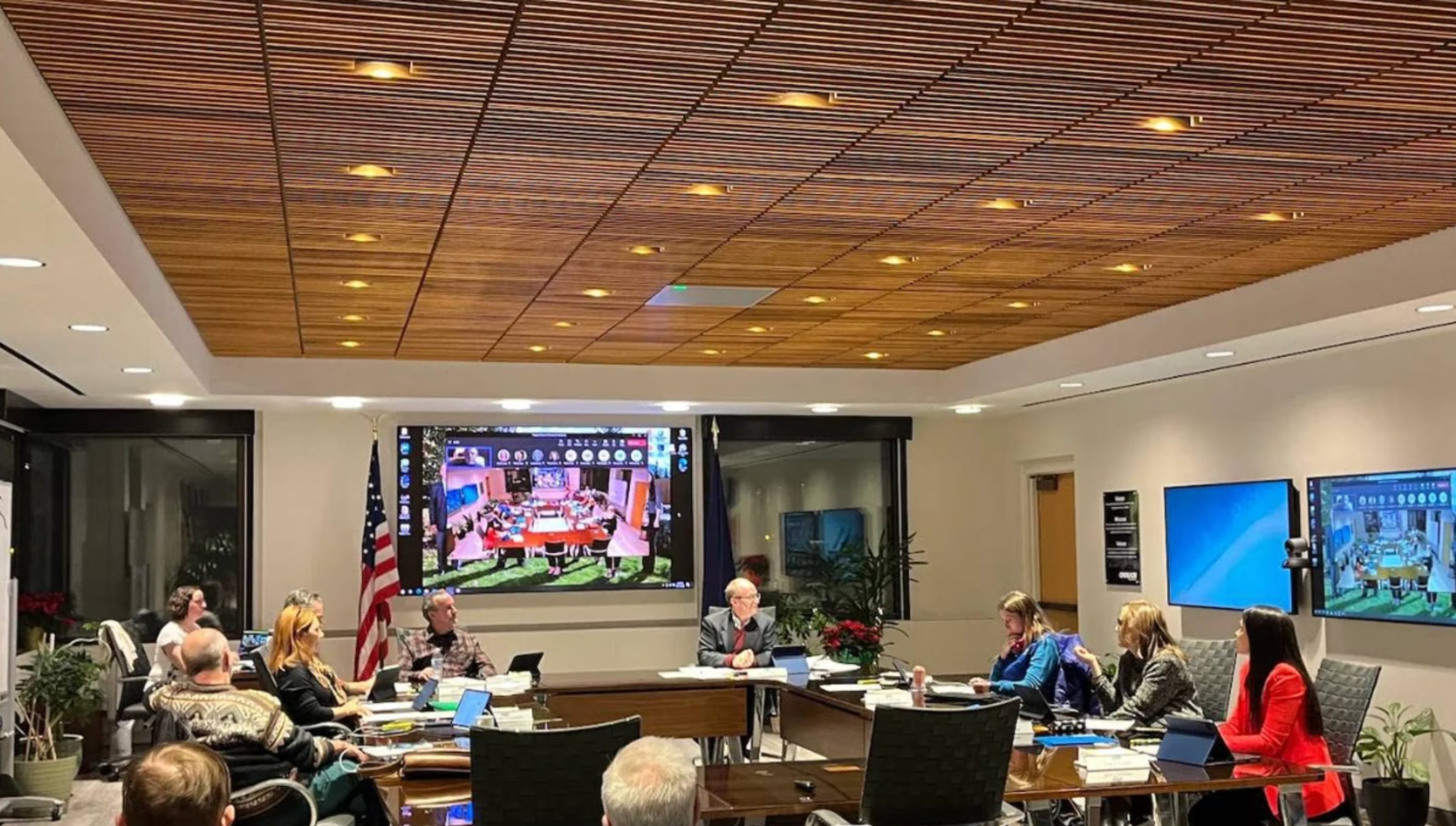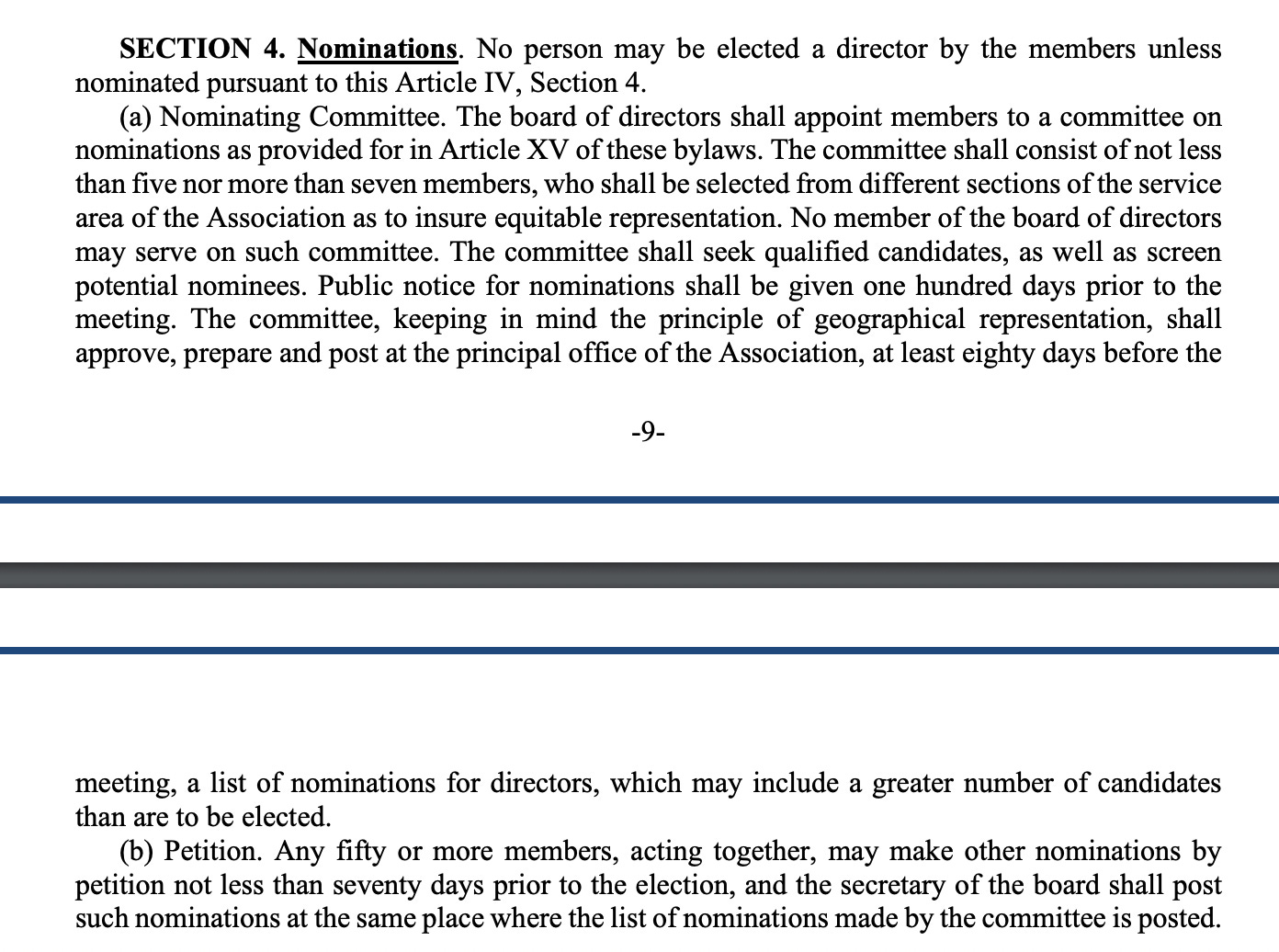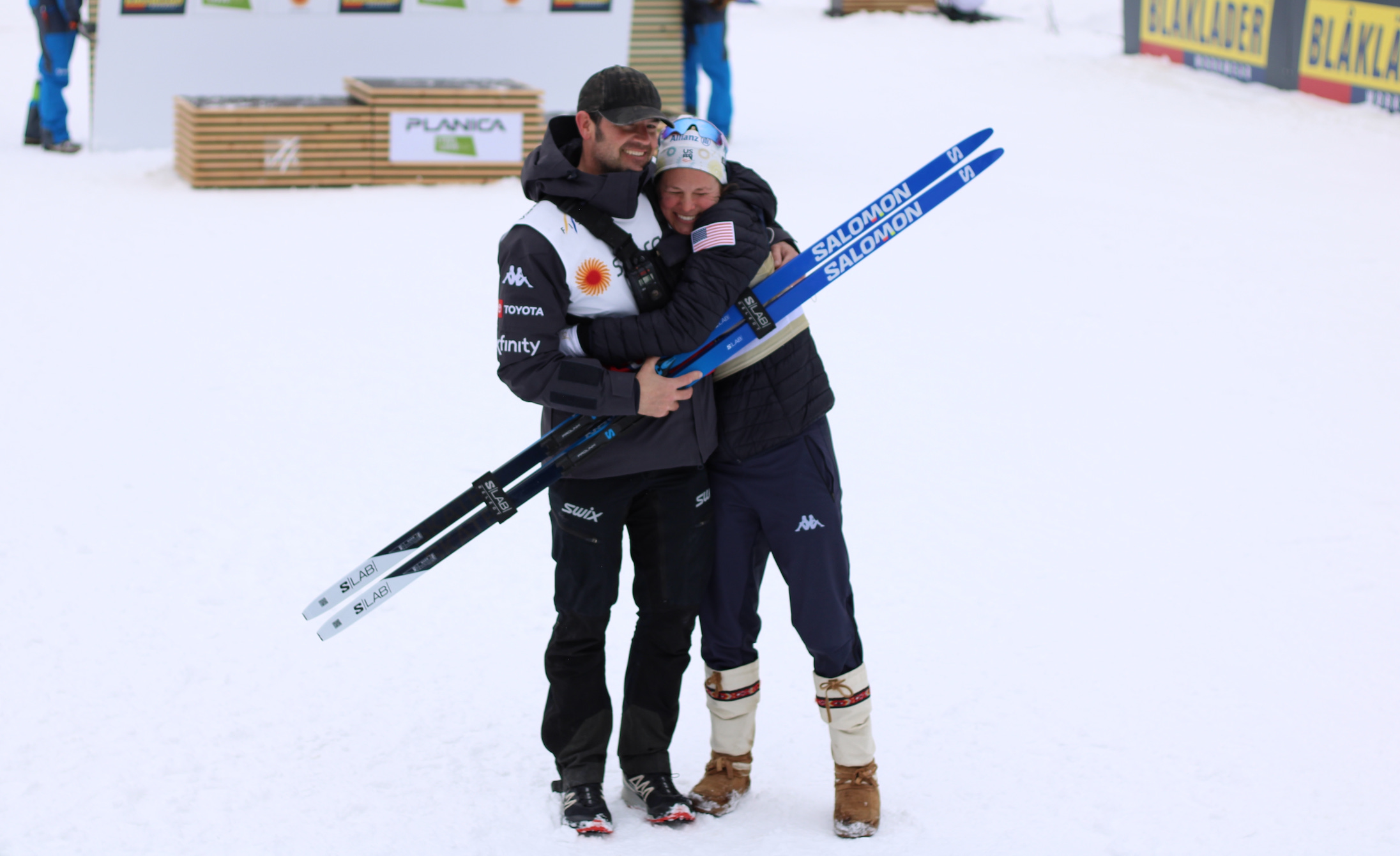A PhD energy analyst and former state lawmaker got screened out from running for Anchorage's electric utility board — without an explanation.
Two advocates for reducing Chugach Electric Association's reliance on natural gas, Antony Scott and Harry Crawford, were rejected by a nominating committee. They say they'll run by petition instead.

This edition of Northern Journal is sponsored by The Boardroom, a shared workspace in Anchorage. I use their array of comfy and light-filled spaces as an alternative to my home office, and I also enjoy the free kombucha and convenient access to downtown. Check out membership options here.

Northern Journal is a newsletter written by me, Anchorage journalist Nat Herz. It’s free to subscribe, and stories are also free to Alaska news outlets to republish through a partnership with the Alaska Beacon.
My goal is reaching the broadest possible audience of Alaskans. But if you can afford it, please consider supporting my work with a $100 annual or $10 monthly voluntary paid membership — these are currently my only sources of revenue for this project. Your support allows me to stay independent and untethered to the demands of the day-to-day news cycle. If you’ve already subscribed, thank you.
Antony Scott has three graduate degrees, including a doctorate in natural resource economics, and he once served on the commission that regulates Alaska utilities.
That wasn’t enough for the nominating committee of Anchorage’s member-owned electrical cooperative, which recently rejected Scott’s bid to run for Chugach Electric Association’s board of directors.
Scott now works as a policy analyst at Renewable Energy Alaska Project, and he’s been publicly critical of Chugach’s incumbent board and pushed them to adopt more transparent and green energy-friendly policies.
His rejection by the nominating committee came without any substantive explanation, he said. But in a phone interview this week, he guessed that it was because of his track record.
“I don’t think there’s any question that if I were elected on the board, I would be a pain in the ass,” Scott said. “But the interesting thing is, at the screening level, they’re trying to prevent members from having a choice in what kind of board they want.”
Scott’s candidacy was not the only one turned down by the nominating committee: Of 12 applicants, former state legislator Harry Crawford, another renewable energy advocate and a former Chugach board member, was also rejected, along with Scott Von Gemmingen, an auditor who works for the state.
The denied candidates can still run for the board by collecting signatures from 50 Chugach members — a step that Scott and Crawford both said they will take. But the questions about the nominating committee’s vetting process underscore an increasing interest in and politicization of Alaska’s electric utilities, which are facing an impending supply crunch of the natural gas they use to generate most of their power.
The nine candidates advanced by the committee — plus the potential for more to run by petition — represents double or even triple the number who have run for Chugach’s board in recent years.
The nominating committee is made up of seven people appointed by Chugach’s board of directors: Wynne Auld, Patti Bogan, Heidi Hansen, Ashley Johnson, Jessica Koloski, Leslie Ridle and Steve Strait. The utility’s bylaws give them no detailed criteria for vetting applicants — saying only that the committee should consider geographical representation.

Asked about the denials, a spokeswoman for Chugach, Julie Hasquet, said only that “after deliberations, the three applicants did not move forward with a majority vote of the seven-member committee.”
Crawford also said he does not know why he was declined by the nominating committee. But like Scott, he speculated that the decision was based on his desire to reduce Chugach’s dependence on natural gas.
“I’ve long been a supporter of alternative and renewable energy,” Crawford said. “And other people that were left out were also advocates for alternative and renewable energy. That’s the best guess that I can make.”
The Euro ski digest

If you read my last newsletter, you know I’ve been in Slovenia covering the World Ski Championships. Here’s a brief summary of the stories I’ve published here:
• American Jessie Diggins won a gold medal in the 15-kilometer freestyle race — the first for any U.S. athlete in a World Championships individual event. Here’s my story for NPR’s All Things Considered.
• I found a translator in Anchorage who generously helped me conduct a 90-minute interview with one of Ukraine’s cross-country skiers here. She recounted the destruction of one of her country’s training centers, the mines that the Russian military has laid around her training grounds, and her team’s opposition to the end of a ban on Russian athletes in international ski racing.
• I explored how China, after spending hundreds of millions of dollars to train Olympic-level cross-country skiers in the lead-up to the Beijing Games, has shut down its team and left aspiring medal winners at home during the World Championships.
• Parents have returned to the international race circuit after years of covid-imposed absence. (This one is a favorite because the moms and dads of Olympic gold medalists are literally running around the trails here cheering on their kids and celebrating and commiserating with them outside the stadium. Think of walking around a tailgate and running into Tom Brady hanging out with his parents.)
• Anchorage’s Rosie Brennan, a fan favorite for her longevity and persistence in the sport, has had a rough time here at World Championships, but she’s forging on.
For hardcore ski fans only: We’ve also been releasing daily podcasts breaking down the results of each race, and if you’ll permit me a moment of immodesty, author and activist Bill McKibben, in a New Yorker piece yesterday, called our show “delightful,” so take it from him and give it a listen.
I’m on the road for another 10 days before I head back to Alaska, where I’m looking forward to starting work on a long list of stories and projects — including a survey of the Chugach board candidates. Stay tuned, and feel free to pass along feedback, suggestions and tips to natherz@gmail.com.
Northern Journal is a reader-supported publication. To receive new posts and support my work, consider becoming a free or paid subscriber.



